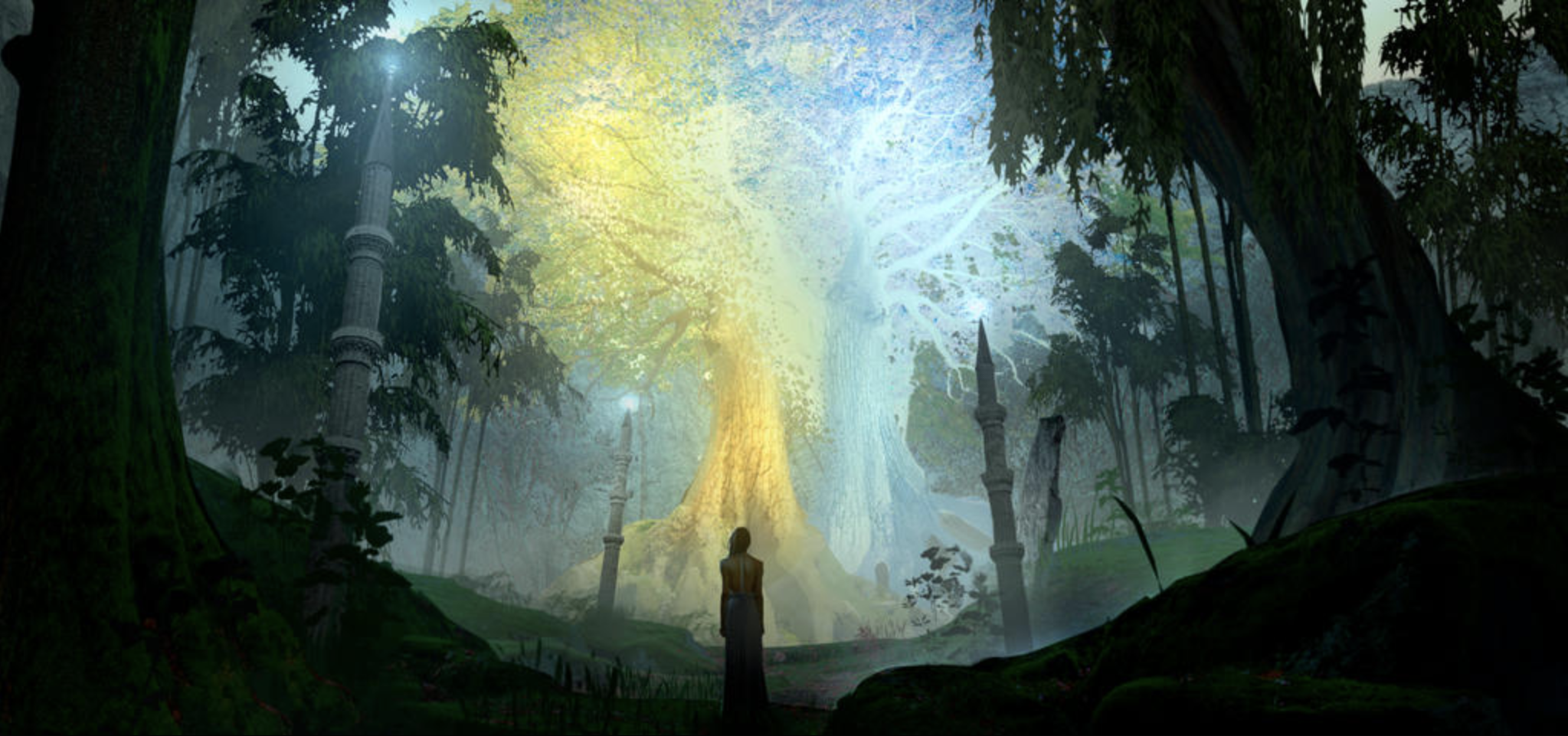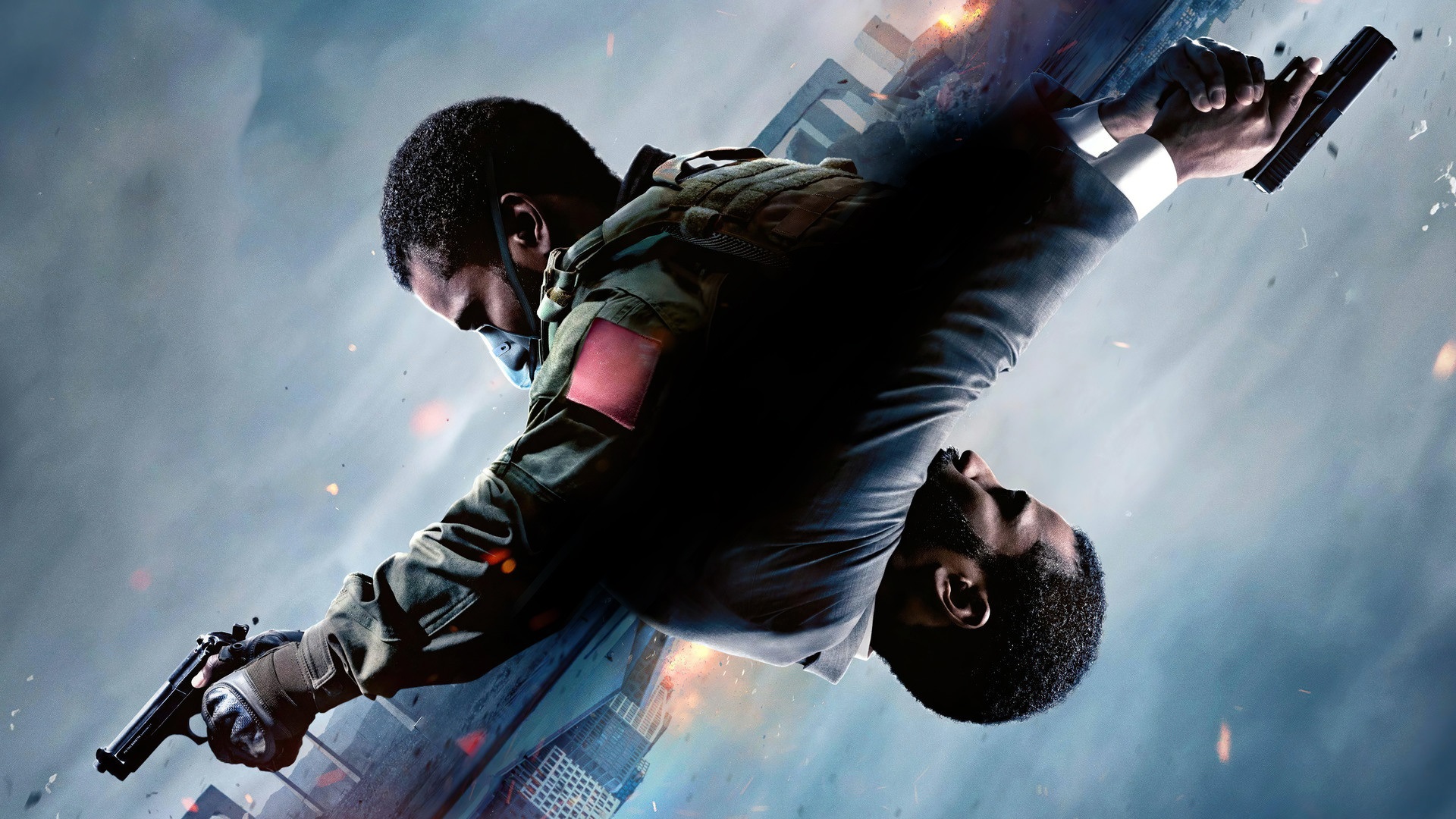- Published on
2020 Content Roundup
- Authors
- Name
- Alex Stephens
- @astephens__
More so than many other years, I think it's reasonable to say that my 2020 was shaped significantly by the various content I consumed, for reasons personal, circumstantial, and global-pandemic-related. As such I thought it might be fun to write up this little overview of the pieces that I enjoyed the most or that had the biggest impacts on me this year, if nothing else because it might be interesting to look back on further down the line.
Books
Atomic Habits by James Clear
Although I'd heard many of the ideas from this book before, reading it in full gave me a new level of clarity on how habits are formed and maintained. I've already found the advice from this book hugely valuable on different levels in developing my habits for reading, running, and studying, and look forward to applying it to other areas in the future.
The Courage To Be Disliked by Ichiro Kishimi and Fumitake Koga
This book genuinely changed the way I view interpersonal relationships and personal motivations, and gave me a whole new framework for thinking about how and why we express emotions to others. It's written as a Socratic dialogue of sorts between a Youth and a Philosopher, which at first I found a little jarring, but quickly became one of the book's strongest features. I really think that the ideas in this book have made a significant contribution to my ability to understand and empathise with others, though I only read it fairly recently so can't really evaluate long-term effects just yet.
The Silmarillion by J. R. R. Tolkien
As a huge fan of The Lord of the Rings (books and movies), this one had been on my radar for a while, but I'd never got around to reading it, perhaps in part because of its reputation for being an extremely dense and challenging read. Now that I am living in Oxford, as a member of the same college where Tolkien himself was a student, it felt like the right time to finally give it a go, and – somewhat to my surprise – I actually found it pretty hard to put down once I started.
The story is truly epic in scope, describing the history of Middle-earth across the thousands of years following its creation as the backdrop for its central narrative thread about the tragic saga of three fabled gems called the Silmarils. The Silmarillion presents Tolkien's universe at the grandest of scales, and really conveys the vastness and intricacy of the mythological world that he envisioned. It gave me a much greater appreciation of the context behind familiar events described in The Lord of the Rings, enriching them with new layers of context through a story that was a true joy to experience.

Man's Search for Meaning by Victor Frankl
In this book, originally published in 1946, Frankl recounts his experiences as a prisoner in the Nazi concentration camps of WWII. A psychiatrist by profession, he describes how the experiences of everyday life in a concentration camp shaped the mind of the average prisoner. Despite the horror of the experiences he describes, the book is profoundly hopeful in nature, arguing that meaning be found even in a life of suffering, and that we always have the freedom to choose how we cope with it.
Deep Work by Cal Newport *
It's probably fair to say that most of us are aware on some level that the constant distractions of mobile phones and the internet are highly destructive to our attention span and ability to focus for extended periods. Although I'd thought about this issue a fair bit previously, this book gave me a much clearer understanding of how this distractedness affects my productivity, and – importantly – a lot of actionable advice and tips on how to reclaim my ability to focus this.
* This book is more of an honourable mention on this list, since I read it quite recently and haven't had the chance to try implementing much of its advice yet – I aim to do so as I transition into full-time PhD research in the latter half of 2021. Ideally, by the end of my PhD I'll have successfully implemented a significant portion of the book's recommended behaviours into my regular workflow, and will be able to look back on it as a turning point for my academic productivity... A man's gotta have dreams, right?
Online Content Creators
Ali Abdaal (YouTube and Not Overthinking podcast)
Ali is a Cambridge-medicine-graduate-turned-YouTuber who makes videos about productivity, creativity, or general thoughts on how to lead a happier and more fulfilling life. The discovery of Ali's content on YouTube in the latter half of 2020 was a real game changer for me. For the most part, his worldview aligns quite well with my own, as such I've found that a lot of his tips and advice have been things that I could readily incorporate into my life to improve it in various ways.
In the last few months, I feel that I have become more organised, (somewhat) more sociable, and more confident, and more productive, particularly with respect to how I spend my free time. Ali's content has contributed significantly to all of these by making me think actively and critically about aspects of my life when otherwise I might not have. The Not Overthinking podcast, presented by Ali and his brother Taimur, has been my favourite listening material on my walks and runs for the last couple of months.
Ben Parkes (YouTube)
Ben is a UK-based athlete who makes videos about his training, lifestyle and experiences as a sub-elite runner. I discovered him in early 2019, shortly after I started running regularly myself, and his videos have been a source of both motivation and valuable information ever since. This year, he broke his ankle – as you can imagine, devastating for a serious runner – but rather than being deterred, worked harder than ever to get himself back up to full strength as quickly and safely as possible. Having struggled a fair bit with persistent (although much smaller) injuries this year, Ben's content was helpful as ever to follow along with.
Peter McKinnon (YouTube)
Peter McKinnon is a Canadian photographer and filmmaker with an extremely popular YouTube channel, where he documents his various photography projects, workflows, and editing techniques. In the span of just a few videos, Peter McKinnon more or less convinced me that I wanted to start out with photography. His videos quickly taught me a lot about both photography and editing, eventually prompting me to buy a small mirrorless camera and start messing around with it. I've thoroughly enjoyed exploring town on photo walks, thinking about out how to get the best shots, and then coming home to mess around with them in Lightroom and Photoshop. Definitely keen to carry on learning!
Movies and TV
This was actually a fairly light year for me in movies and TV. For obvious reasons, I didn't go to the cinema nearly as much as usual this year, and overall didn't watch many new shows either. From those I did watch, there were a few that really stood out.
Tenet
As both a Christopher Nolan enthusiast and a physics nerd, this was easily the movie I was most looking forward to this year, and it didn't disappoint (... controversial take?). The central idea of temporal inversion was taken to a lot of interesting places throughout the film, and even though the grounding in real science was fairly limited (compared with, for example, Interstellar), it was clear Nolan had at least given it plenty of thought. The movie's aesthetic was great, many of the action sequences were truly mind-blowing, and I appreciated that the audience's hand wasn't held too tightly through the complexities of the plot. I saw Tenet twice in cinemas, enjoyed it even more on second viewing, and expect it to have excellent rewatch value for years to come.

The Boys
I was a little late to the party here, but this was one of those few shows that I was utterly hooked on about 10 minutes into the first episode. As a fan of superhero movies generally, this show is a refreshing new angle on the genre. It's consistently fast-paced, has loads of distinctive characters whose interactions are a joy to watch, and pulls absolutely no punches with its dark twists and relentless violence. Can't wait for season 3 (hopefully) in 2021.
Brooklyn Nine-Nine
This one's been a favourite of mine for a few years now, but deserved a spot on this list anyway for how much I've enjoyed it this year. Its seventh season, which came out in February, was as fantastic as any of the previous ones, continuing to add new depth to its core characters while providing a great balance of lighthearted comedy and poignant exploration of serious issues. Always great to see a show that's run for this long continuing to provide some of its best episodes with each new season.
Gaming
Apex Legends
I've done a decent amount of gaming over the years, but there aren't many games I've logged more than 500 hours on, let alone in the span of only about a year playing them. The in-game communication system is a cut above any other online multiplayer I've experienced, and really lent itself to tactical play-styles that kept the game feeling fresh even after hundreds of hours in game.
DOOM Eternal
This game is an absolute tour de force in game design. The combat system is brilliant, with a high skill ceiling that makes it ever more rewarding to rip and tear through hordes of demons as you master the tools at your disposal. The campaign takes no more than 15 hours to complete, yet I racked up over 150 hours in it and loved every minute. I often enjoy tackling games on high difficulty settings, but DOOM Eternal was the first game for which I'd ever felt tempted to tackle a permadeath mode (a difficulty level called "Ultra Nightmare", in which you have to make it through the entire campaign on the hardest settings without dying once). The journey to completing the game on Ultra Nightmare was a genuinely great experience, which pushed me towards mastery of the combat mechanics without feeling at all like a repetitive grind.

Miscellaneous
Trying to Try by Eliezer Yudkowsky
This blog post was easily one of the best things I read this year, and it felt wrong to leave it off this list – I'll probably write a full post discussing it in more depth some point. It explores the idea that we often don't hold ourselves to high enough standards, and instead slip into a mindset where we will half-heartedly attempt something, fail, but convince ourselves "well, I tried" and be satisfied with that – we don't really want to put in the work required to succeed, we just want to feel like we've tried so we don't feel bad about not trying. Yudkowsky writes that "often where succeeding to do a thing is very hard, trying to do it is much easier", a sentiment that I've found is reflected in my actions more often than I'd like to admit. The article isn't a long read, but since reading it I have started noticing this "trying to try" mentality all over the place.
Thanks for reading!
I'd love to hear your thoughts – say hi on Twitter!